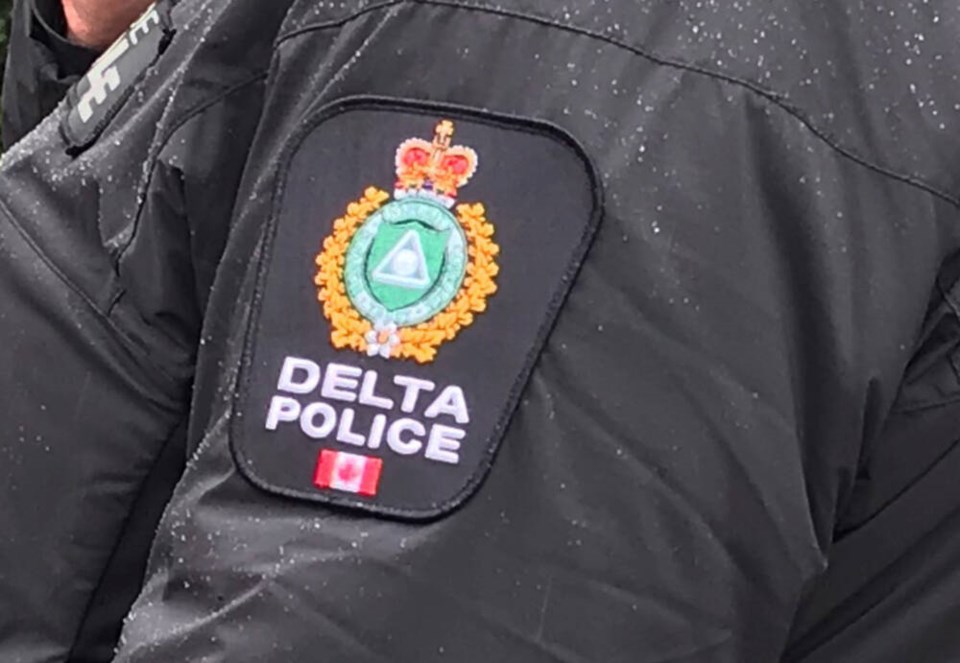Delta Police last year were compliant with the policy regulating the reasons for conducting police stops.
That’s according to an audit presented in a report at a recent meeting of the Delta Police Board, which outlined the number of stops and reasons.
The audit identified that DPD officers last year conducted 22 police stops, involving 33 individuals. That was a 61 per cent decrease from the number of stops conducted in 2021, and a 74 per cent decrease from the number conducted in 2020, which was the first year the audit requirement came into effect. A file review of each of the 2023 police stops determined that each was a stop authorized by policy.
The report notes that, over the past number of years, the Ministry of Public Safety and Solicitor General has been engaged in advancing equitable and unbiased policing in B.C. As part of that work, in 2019, the police investigative process commonly referred to as “street checks” or “police stops” was subject to a regulatory review.
Seeking to address concerns about the potential over-representation of Indigenous people and racial minorities in police stops, the ministry issued a new BC Provincial Policing Standards (BCPPS) specific to police stops. It came into effect early 2020 and regulates various aspects of police stops.
The DPD subsequently initiated a new policy on police stops and trained all members.
The updated standard, and the DPD policy, sets out justifiable circumstances in which police officers may stop an individual, such as concern for a person’s safety and/or well-being, response to call of concern or for a public safety issue observed.
“Police stops, performed for an investigative or public safety purpose and free of any bias, are and remain lawful and allowed. Properly performed, following the Standard, they fall squarely within the scope of police duties to preserve the peace, prevent crime, and protect life and property. The concept of banning lawful police stops would compromise the ability of police to engage in interactions with people at the lower, yet essential, thresholds of police suspicion or responding to a community concern, where engaging with and asking an individual to answer questions, voluntarily, supports crime prevention and community safety,” the report notes.
The policy states officers shall not randomly or arbitrarily conduct a police stop of a person and shall not request, demand, collect or record a person’s identifying information without a justifiable reason.
The standard also outlines the steps to be taken when asking the individual to provide information to the police. An annual audit is also required.
An ethnicity analysis, meanwhile, specifically reviews the documented reasons for police stops of persons identified to be Black and Indigenous.
The policy states that an officer’s decisions to conduct a police stop of a person must not be based on identity factors, including but not limited to economic or social status, race, colour, ancestry, place of origin, religion, marital status, family status, physical or mental disability, sex, sexual orientation, gender identity or expression or age.
However, identity factors may be given consideration in the totality of the circumstances leading to a decision to stop a person.
Members must also be mindful of the over representation of Indigenous persons in the criminal justice system, and consider whether bias, racism or systemic discrimination is a factor giving rise to a potential interaction with an Indigenous person and, as a result, whether contact with the person is, in fact, necessary.




